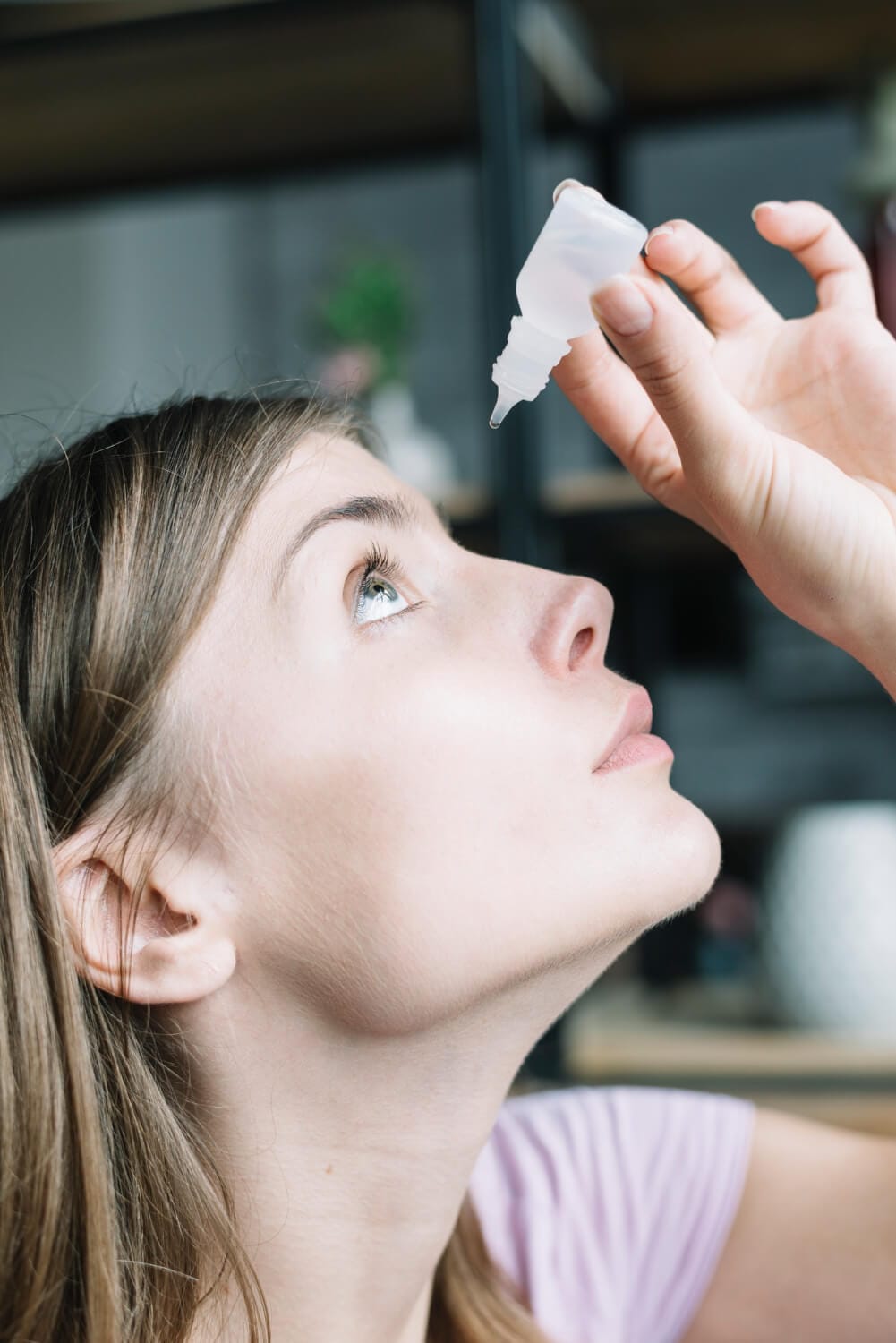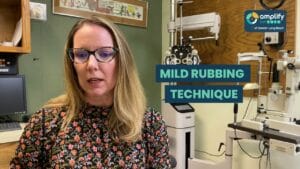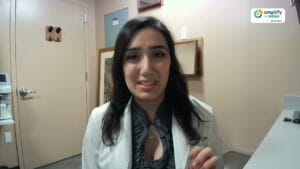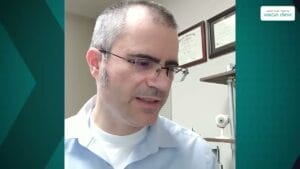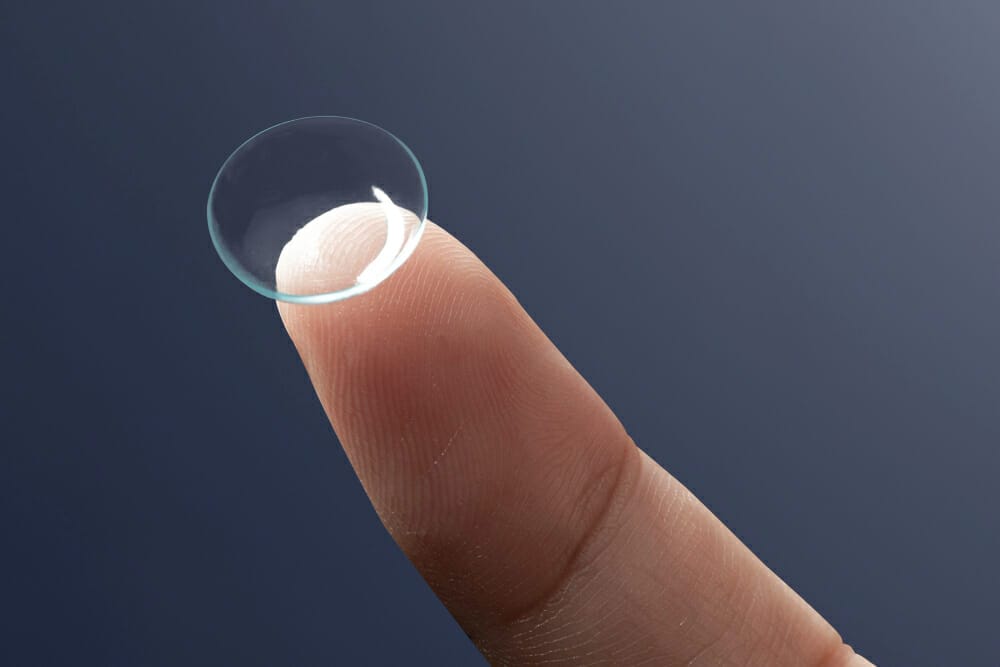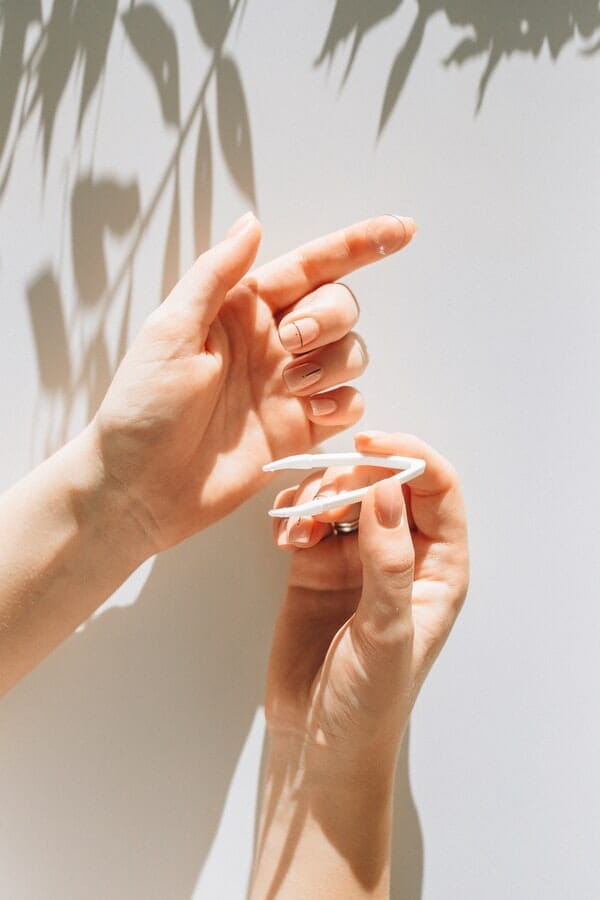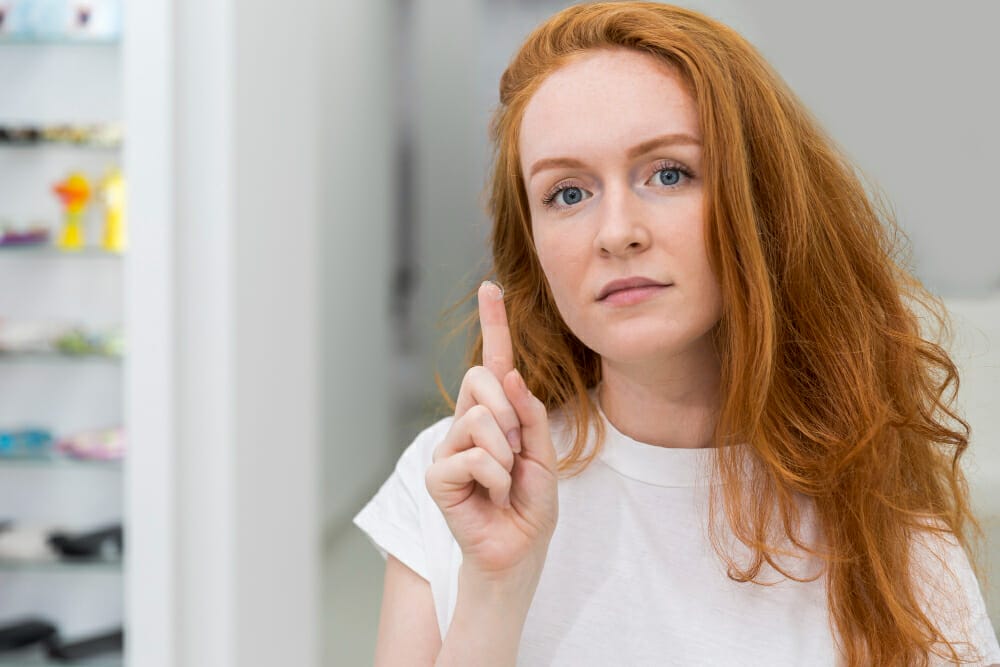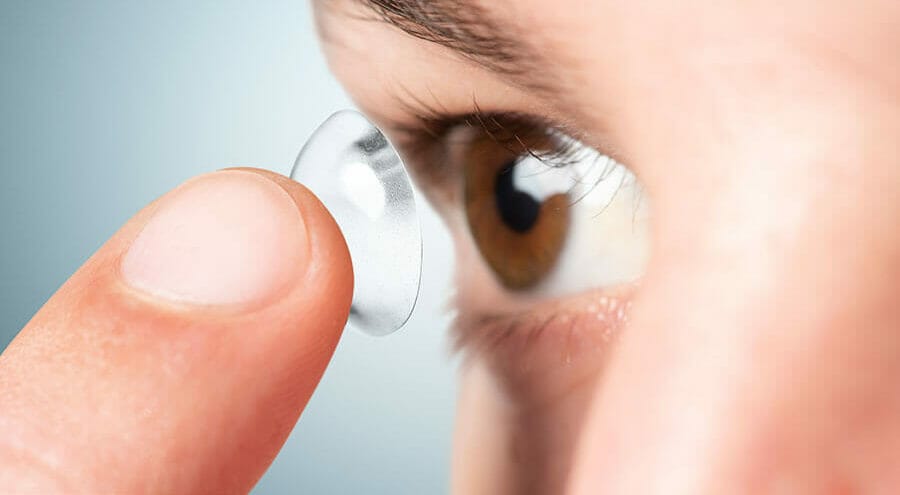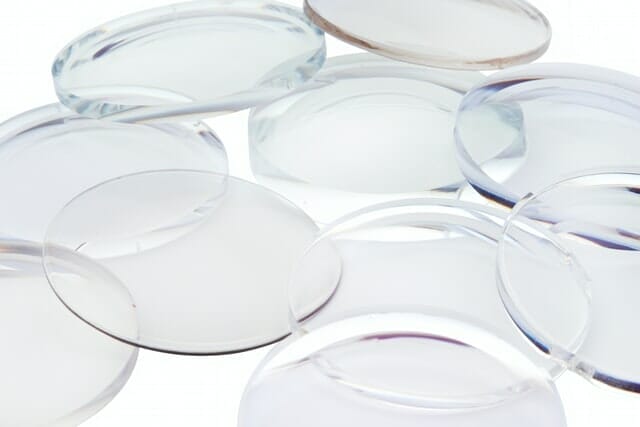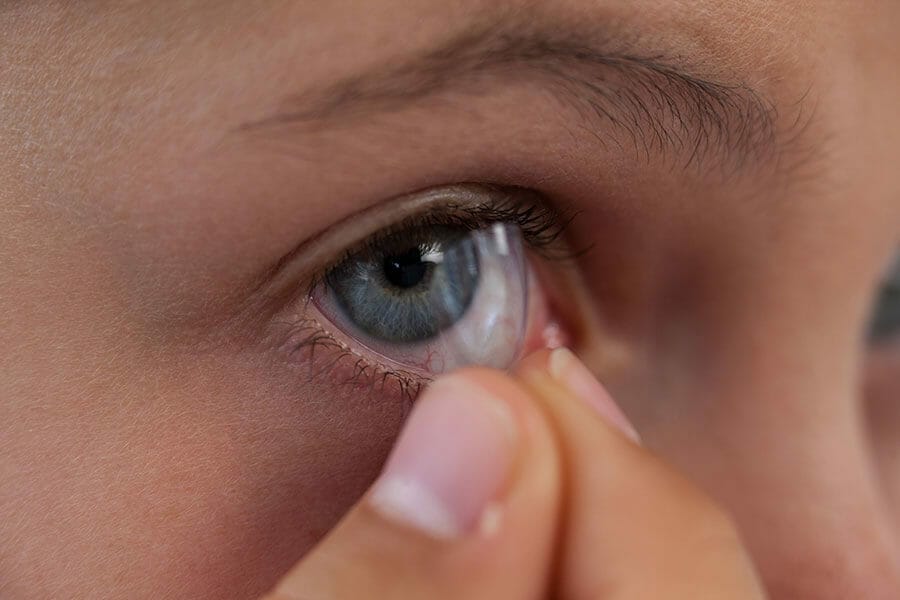If you wear contacts longer than recommended then this places you at a greater risk for developing contact lens associated eye infections and complications which can lead to permanent vision loss. It can result in scratches on your cornea, corneal ulcers, new blood vessels to grow on your eye, and make your eyes feel irritated, uncomfortable and painful. Different types of contacts lenses have different disposal schedules, for instance if you have dailies you must throw them away after a single use whereas if you have monthly lenses you must not wear them longer than 30 days. Contact lenses are a medical device so it’s very important to maintain proper contact lens hygiene, don’t overwear your lenses, and listen to your eye doctor’s wear schedule guidelines.

